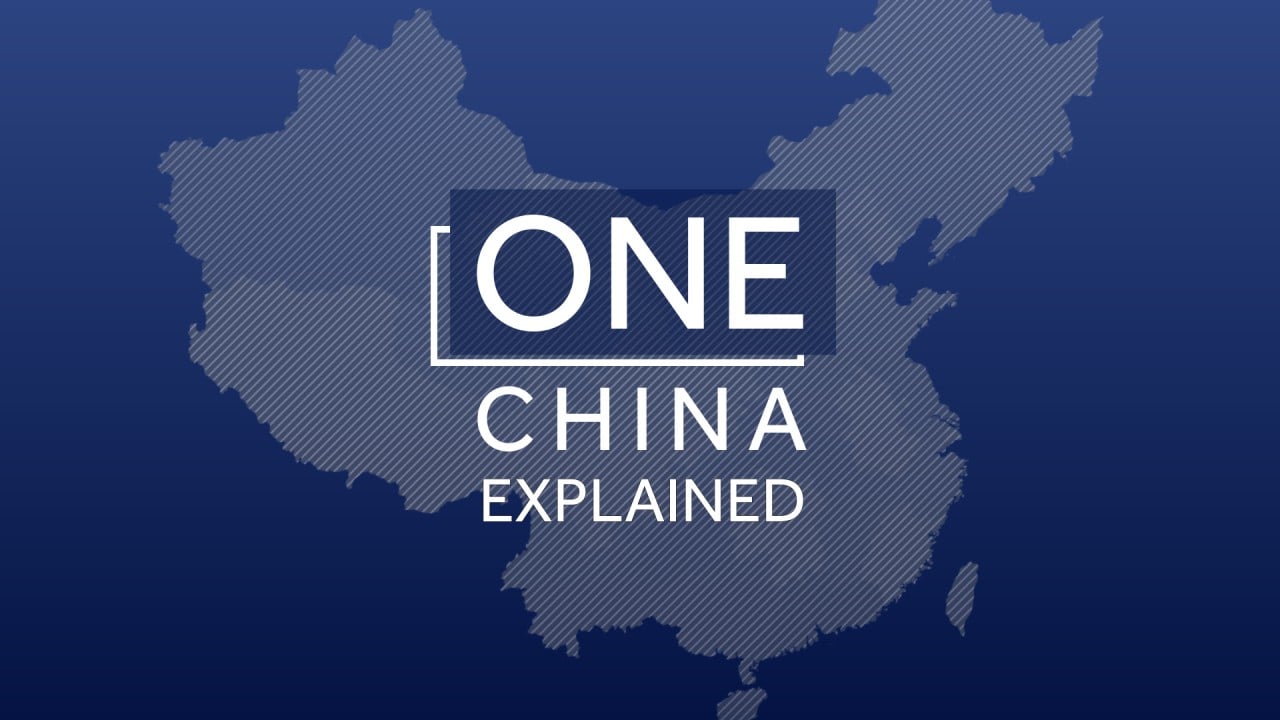
Back Lithuania or face more coercion from China, lawmakers tell EU chiefs
- Inaction against unofficial trade embargo will allow Beijing to intensify ‘divide and rule’ practices and weaken European unity, MEPs warn
- Businesses from France, Sweden and other member states report they are becoming embroiled in China’s dispute with Vilnius over Taipei ties
In a letter seen by the South China Morning Post, a group of 41 lawmakers told EU chiefs that inaction “will also allow [the] PRC to weaken EU unity and intensify ‘divide and rule’ practices among the EU member states as well as seek to diminish the EU’s role globally”.
Lithuania became embroiled in a dispute with China after agreeing to host a “Taiwanese representative office” in Vilnius, a move that Beijing claimed breached the EU’s one-China policy.
While the common practice in Europe is for such de facto embassies to be dubbed “Taipei representative offices”, both Vilnius and Brussels strenuously deny that Lithuania has breached the policy.
Lithuanian businesses have found themselves blocked from China’s customs system, unable to fulfil export orders or import components made on the mainland.
The row has spilled over into other European countries: manufacturers from the likes of France, Germany and Sweden have reported having goods blocked at Chinese ports because they contained parts made in Lithuania.
The Post was told one Lithuanian businessperson was frozen out of their Chinese bank accounts, while reports circulated on social media on Monday of Chinese post offices refusing to accept goods for mailing to Lithuania.
“If the PRC will continue its coercive measures damaging the EU single market, the EU should consider responding with defensive measures vis-à-vis the PRC,” the letter read, referring to the People’s Republic of China.
EU seeks to de-escalate Lithuania-China feud but takes no further action
The note was signed by MEPs from across five political groups, and was addressed to the presidents of the European Council and Commission, Charles Michel and Ursula von der Leyen, as well as top diplomat Josep Borrell, trade commissioner Valdis Dombrovskis and internal market commissioner Thierry Breton.
The EU has offered rhetorical backing for Lithuania and has launched an investigation into whether China has broken World Trade Organization rules.
France – which assumed the EU presidency for six months on January 1 – has said it will hasten the progress of an anti-coercion instrument under its tenure. This would allow the EU to hit back against perceived bullying, but observers are sceptical whether it can be ready for use before the end of 2022.
China looks to France for better EU ties amid Lithuania, sanctions tensions
“There are things that are going well, others not so well. In particular, the council discussed Chinese actions against Lithuania and the side effects these actions have on other member states and on the European internal market,” he said.
“Member states expressed their full solidarity with Lithuania and discussed how to actively pursue de-escalation in this crisis,” Borrell said, but no new course of action was discussed over the two-day meeting.
Meanwhile, the European Parliament will debate a resolution on “breaches of human rights, democracy and the rule of law” in Hong Kong on Wednesday.
Parliamentary parties will negotiate a draft text on Tuesday, with a vote planned for Thursday.
Both parties’ draft papers criticised the closure of Stand News and Citizen News under pressure from the security law, and reiterated calls for the EU to sanction top Hong Kong and Chinese officials, including Chief Executive Carrie Lam Cheng Yuet-ngor.
The rapporteur for the resolution will be the EPP’s Miriam Lexmann, a Slovak MEP who was sanctioned by China last year.


